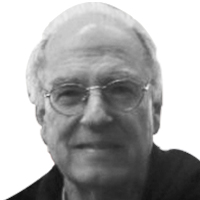World
Patrick Semansky - Pool /Getty Images
Kim Yo Jong Is Ready to Become the First Woman Dictator in Modern History
OUT OF THE SHADOWS
Kim Jong Un’s little sister has emerged as North Korea’s most outspoken attack dog, securing her place as a possible successor to the leadership.

Trending Now





